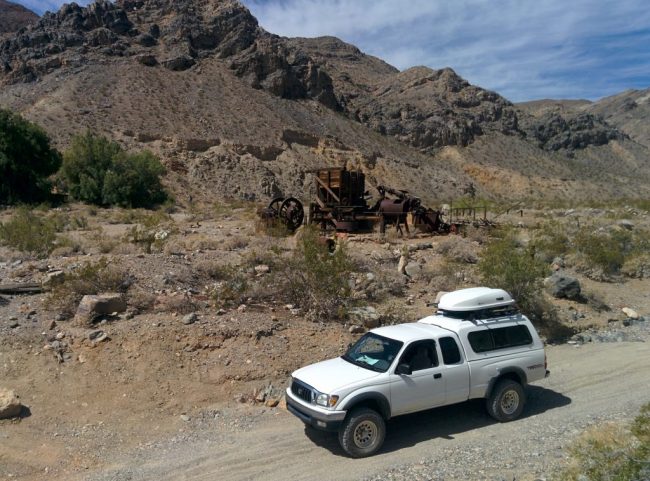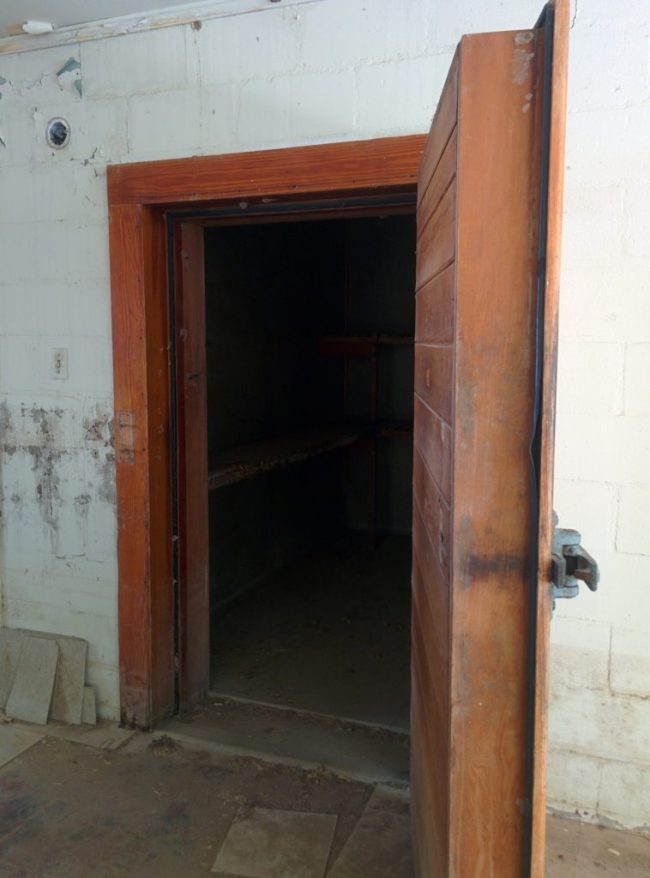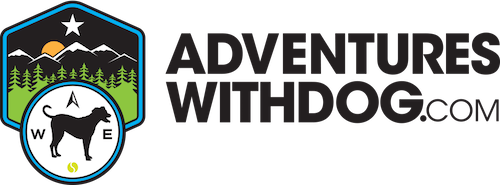This is only one of the many posts relating to our Death Valley adventure. If you would like to see more of what we did on that trip please visit our main Death Valley page.
When we came into Striped Butte Valley through Goler Wash and up and over Mengel Pass on our first day we were just taking the route that we had heard about. Once we were in the Valley and settled at the Geologists’ Cabin we could see a road heading out across the Valley and saw several vehicles enter our realm via that route. Looking at our National Geographic Trails Illustrated Map of the area we could see that it was called Warm Spring Road and it went through a canyon of the same name towards several of our planned destinations including Badwater Basin and Furnace Creek.
On our way to Furnace Creek we saw the building that we eventually found out was the Warm Spring Camp but we were on a mission and decided to leave it until we came back up through there or for another day. When we finally did focus our attentions on the Warm Spring Canyon we found an area rich with history and begging for further exploration.
Heading East and down into the canyon the first sign of past human presence is some old mining equipment on the side of the road right where you have to slow down for a narrow, boulder-strewn section.

When you turn off the main road and head towards the camp you come first to an old, large mine shaft (could fit four Tacomas through the opening side-by-side and stacked two high) closed off with a thick-barred steel gate that looks like it was made out of several different gate pieces.

Continuing up to the right of the mine entrance you quickly come to the turn-around in the road where the NPS Info sign and visitor guestbook sitting in its metal box are situated.

Right in front of you sits the remains of what was once considered the nicest spot in Death Valley to take a load off and relax a while. Looking over at it from Warm Spring Road it looked to be in great shape and we even thought someone might live there still as it is painted in a somewhat modern “mustard” color and so we didn’t just drive up to it our first pass through.

Up close though you can see that its better days are far behind it and time, the elements and vandals have all taken their toll.




Much has been written about “the pool” here and you can see that, once upon a time, it must have been quite the draw to soak in it when filled with warm water from the spring up the hill after a long day of prospecting or mining. The latest snippet we saw written about it was in the metal box out front protecting the guest book and said, essentially, “Please don’t divert water from the spring into the pool because animals fall in and drown and rot and it becomes a disgusting mess.”



Days after we had left here we learned that there is supposedly a hand dug “bathtub” further up the hill fed directly by the warm spring so that gives us something to look forward to on our next visit.
As we finished up and took a few more pictures we decided to next go check out some of the old mines lining the canyon walls heading down towards West Side Road and Badwater Road. Driving out again past the entrance to the Talc Mine we quickly rejoined Warm Spring Canyon Road heading East and further down into the canyon. We soon came to a spur road off to the right that then headed up the steep foot of the hillside to a plateau a hundred feet or so above the road.

Unlike the closed off entrance to the main, famous talc mine near the Warm Spring Camp itself the old mine entrances up here were wide open.

The ground is an extremely bright whitish/gray color due to all the talc in the area. It somewhat reminded me of walking around some of the old marble quarries in Carrara, Italy.

The was a small fire pit right out in the middle of one of the plateau’s turn-around areas so someone had camped here not too long ago. We can only imagine how your gear would look after it was inevitably coated and inundated with a white layer of talc after spending a night or more on the ground up here. We can think of far worse things to have your gear coated in but small, dust-like particles getting in every little nook and cranny of your stuff is reason enough to choose another campsite.
Further down the road is an old open-pit mine.

While in the park a story was related to us that took place right about here a few years ago. As told to us it was essentially that, driving up Warm Spring Canyon Road they came upon four, large boulders in the middle of the road. Taking a moment to figure out how to bypass this blockage they pulled up to have a closer look. As they did the boulders all got up and sauntered away. They were Desert Bighorn Sheep! They’re also known as Nelson’s bighorn sheep (Ovis canadensis nelsoni). There you go, one of those useless bits of trivia you can glaze someone’s eyes over with at your next cocktail party 😉 Sadly we did not see any of these magnificent mammals while we were anywhere within the park but hold out hope that next visit we might see some in action.
Finally getting back down to the end of the canyon where it opens up to offer views of the Southern portion of Death Valley we decided that we had explored and seen enough for one day and turned around to start the hour-long, slow (1 hour) drive back to the Geologists’ Cabin. We know it is dangerous and irresponsible to explore the old mines and we will not do so but we will start bringing our good SureFire Flashlight with us to at least peer as deeply into the opening as possible without putting ourselves at risk.
Well worth the visit if you find yourself in the area.

I remember my first trip up warm springs canyon, the talc mine was in full swing and the camp was occupied and everything was still in good shape.